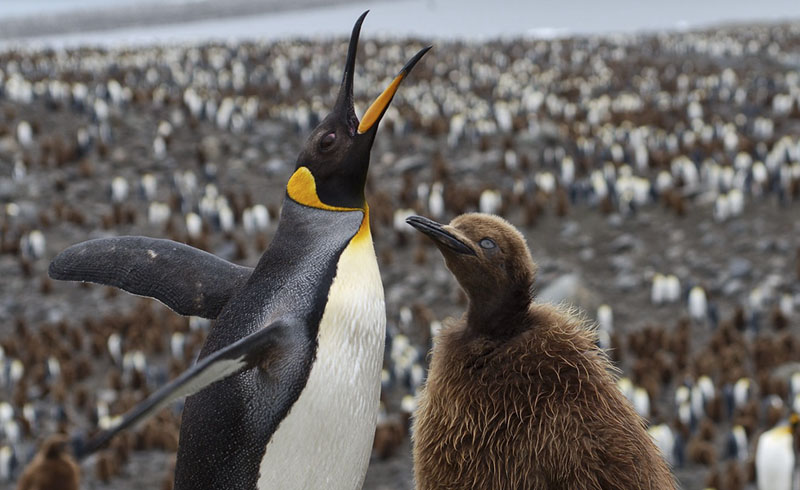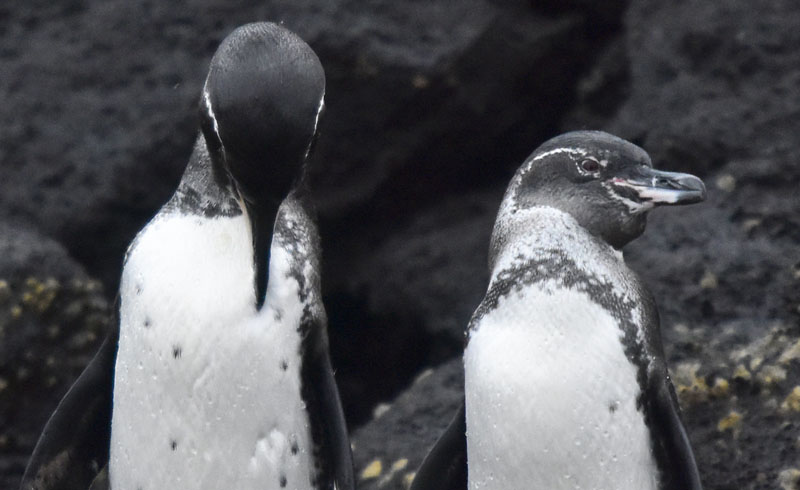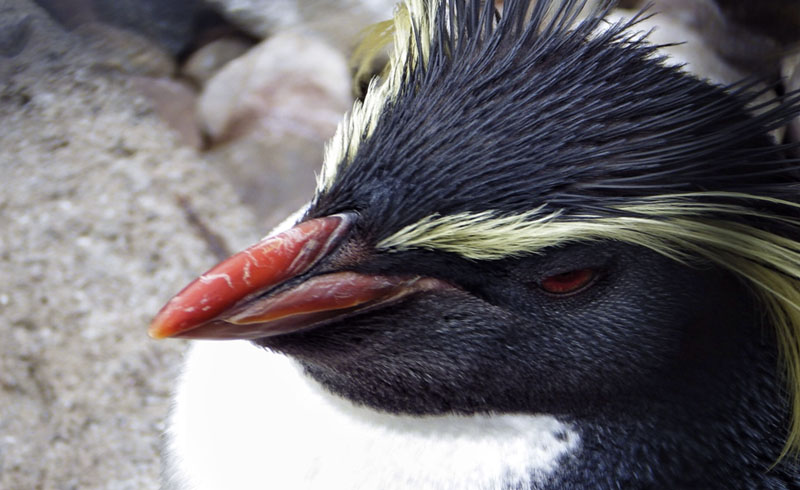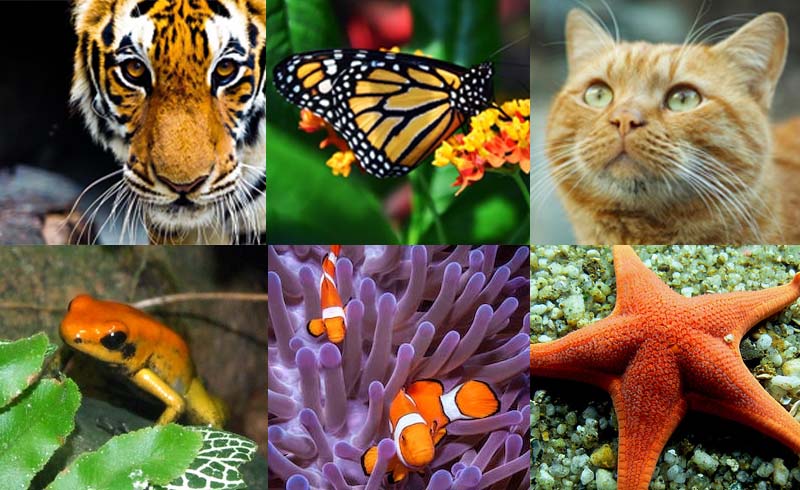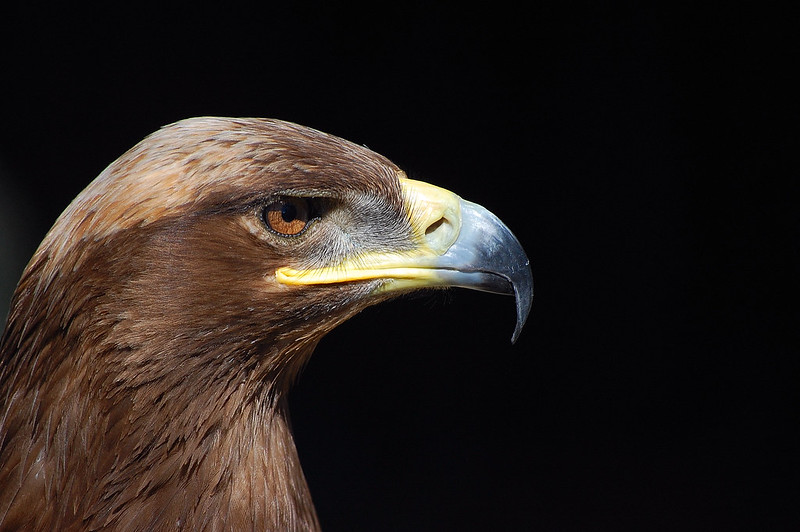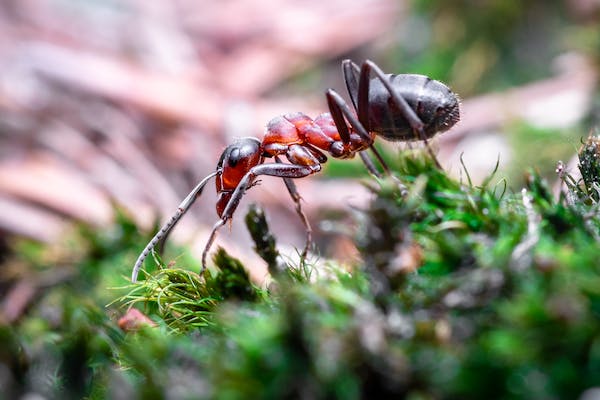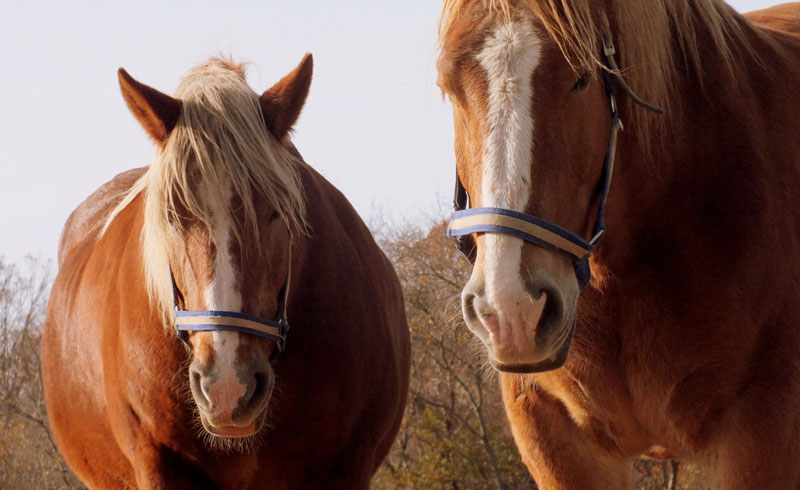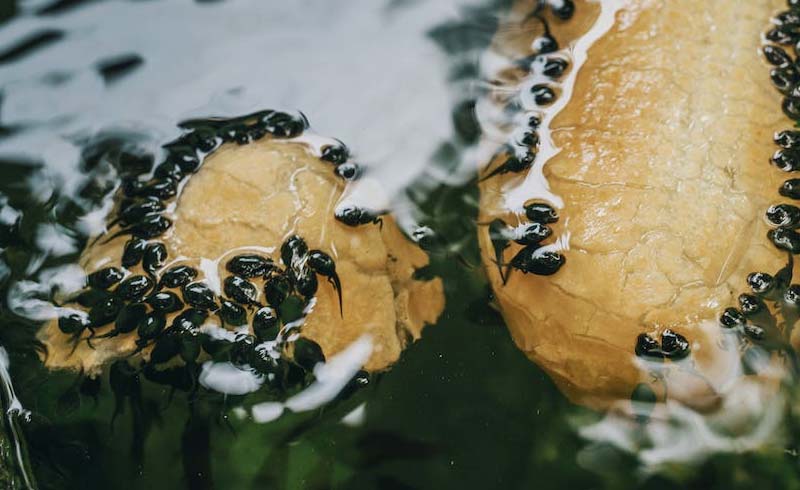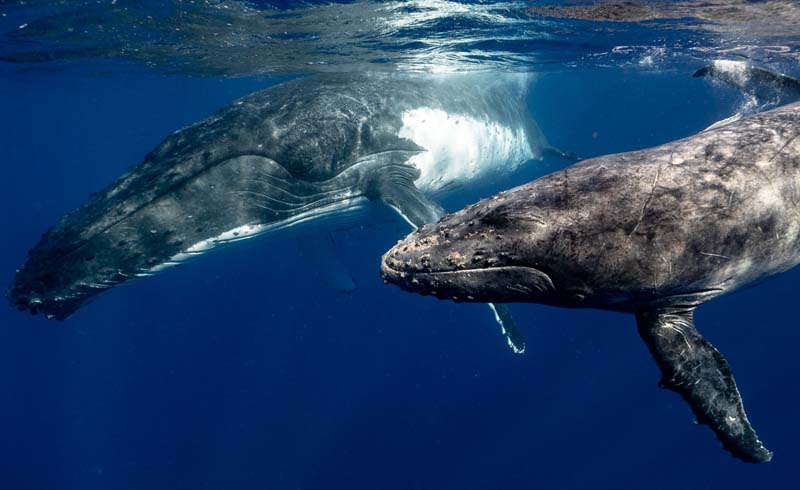Penguins are fascinating animals with a unique life. One of the most common questions about these animals is...
How long do penguins live?
The answer varies depending on the species of penguin. Some species only live for a few years, while others can live for over 20 years. For example, the Emperor Penguin, which is the largest penguin, lives on average between 15 and 20 years. While the Adelie Penguin, a smaller species, only lives between 8 and 10 years.
- Emperor Penguin: around 20 years in their natural habitat in Antarctica. In captivity, they can live up to 30 years.
- King Penguin: around 15 years in the wild. However, in captivity they can live up to 25 years.
- Adelie Penguin: around 20 years in the wild. However, life in captivity can vary and they may live more or less time depending on the conditions of the habitat and the care they receive.
- Chinstrap Penguin: around 20 years in the wild. However, this can vary depending on factors such as habitat, diet, and weather conditions. In captivity, they can live a little longer.
- Galapagos Penguin: around 15 to 20 years in the wild. However, they can live longer in captivity if they receive proper care.
- Macaroni Penguin: around 20 to 25 years in the wild. However, it can vary depending on factors such as climate, food availability, and predator pressure.
- Yellow-crested Penguin: around 20 years in the wild, but it can vary depending on the habitat and living conditions. In captivity, they can live a little longer, around 25 years.
- Papuan Penguin: around 15 to 20 years in the wild, but can live a little longer in captivity.
- Fiordland Penguin: around 15 to 20 years in the wild. However, this can vary depending on factors such as habitat, diet, and weather conditions. In captivity, the life expectancy of a Fiordland penguin may be greater due to the availability of food and medical care.
However, the life expectancy of penguins is affected by many factors, such as climate, food availability, and the presence of predators. Additionally, some penguin species are more vulnerable to diseases and parasites, which can reduce their lifespan.
Life in the water can also be dangerous for penguins, as they are common prey for animals such as sea lions and sharks. However, penguins are highly adaptable animals and have developed skills and strategies to survive in their environment.
Overall, penguins are incredibly resilient animals and can live a long and healthy life if provided with the appropriate environment. It is important to highlight the importance of conserving and protecting these species to ensure their survival in the future.
In summary, the life span of penguins varies by species, but on average they can live between 8 to 20 years. It is important to protect these species to ensure their survival in the future.
